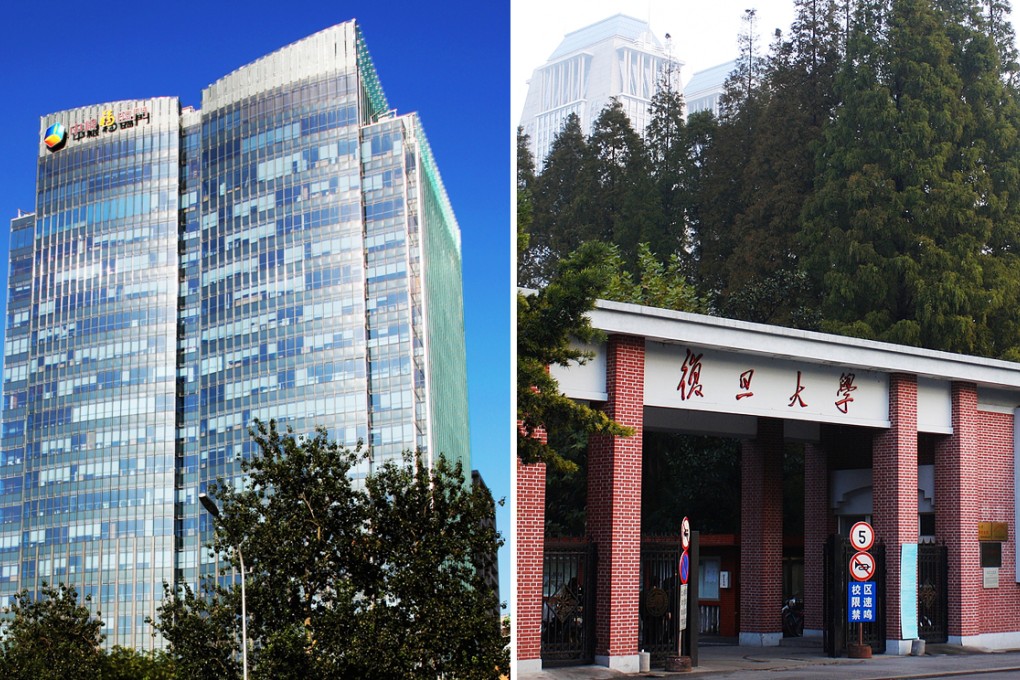Chinese graft busters launch 'targeted' inspections of government and state firms
Following two rounds of misconduct probes this year, anti-corruption officials warn that the next visits will be shorter but not sweeter

The Communist Party's anti-graft watchdog has warned its probes are to become more "targeted and focused" ahead of the latest round of inspections of state-owned enterprises and central government departments.
Anti-corruption tsar Wang Qishan , who heads the Central Commission for Discipline Inspection (CCDI), made the pledge while announcing that the third round of inspections this year would start soon.
This time the commission has 13 ministries and state-owned enterprises in its sights, including China Radio International, energy giants Sinopec and Huadian Corporation, telecoms provider China Unicom and China Southern Airlines. The CCDI will also make surprise return visits to provinces covered earlier.
Compared to conventional two-month sweeps, the new-style inspections would last only a month but be far more intensive and effective as they would target problems that had already come to their attention, Wang said .
The upcoming inspections would, if needed, target "one person, one subsidiary, one project or one fund", he added.
"These special inspections are our new weapon in the battle against corruption," Zhang Jun, deputy secretary of the CCDI, told party mouthpiece People's Daily ."The [special inspection] projects further cut red tape.
"Only officials embroiled in misconduct scandals will be involved. The inspectors will be freed from holding seminars and conferences."